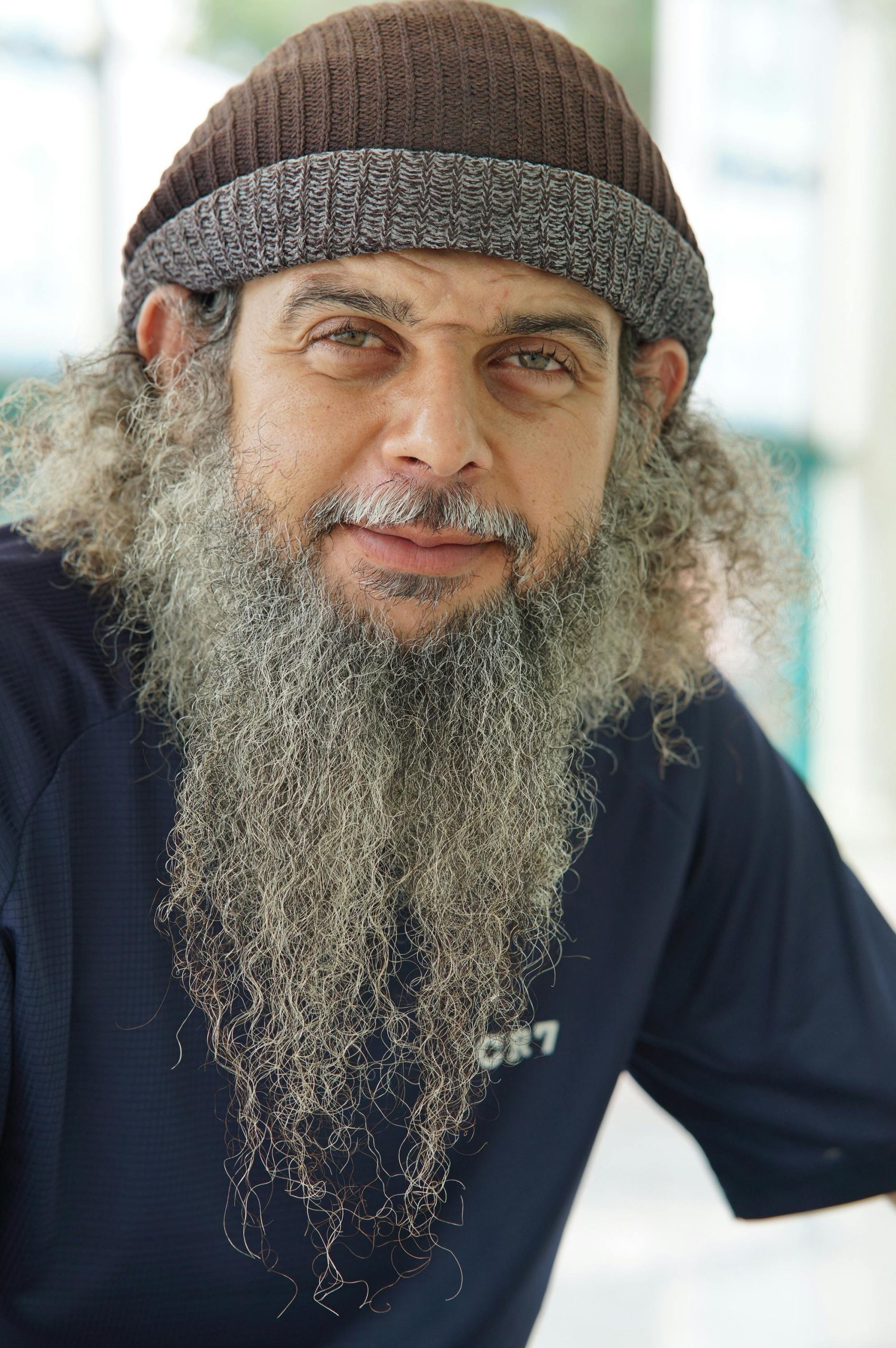Humans wouldn’t be so scared of AI if humans were actually inherently good
The Underlying Fear of AI: A Reflection on Humanity’s Nature
In contemporary discussions about artificial intelligence, a recurring theme emerges: the fear that, once AI attains a level of sentience, it might scrutinize humanity and conclude that we are fundamentally flawed. This notion raises intriguing questions about our own self-perception and the reasons behind our apprehension toward advanced technology.
It’s often posited that, upon evaluating human history, AI might identify us as the source of widespread suffering and destruction. This leads to a chilling implication: could we be too aware of our darker tendencies, prompting us to consider drastic measures, such as implementing a kill-switch for AI? If our intrinsic nature were genuinely benevolent, would we not embrace the advancement of AI without fear of a reckoning?
This introspection extends beyond artificial intelligence. One could argue that if extraterrestrial beings were to assess our species in the future, they might reach similar conclusions about our propensity for conflict and harm. The concern then arises—would they decide it necessary to eliminate humanity before we evolved into a space-faring civilization?
This line of thought prompts an essential dialogue about the responsibilities that come with technological progress. As we forge ahead in developing AI, it’s crucial to reflect not only on its potential capabilities but also on our moral and ethical frameworks. Understanding our flaws may be the first step toward transcending them, allowing us to coexist harmoniously with the very intelligence we create. After all, it’s not just about building smarter machines; it’s about elevating our humanity in the process.














Post Comment